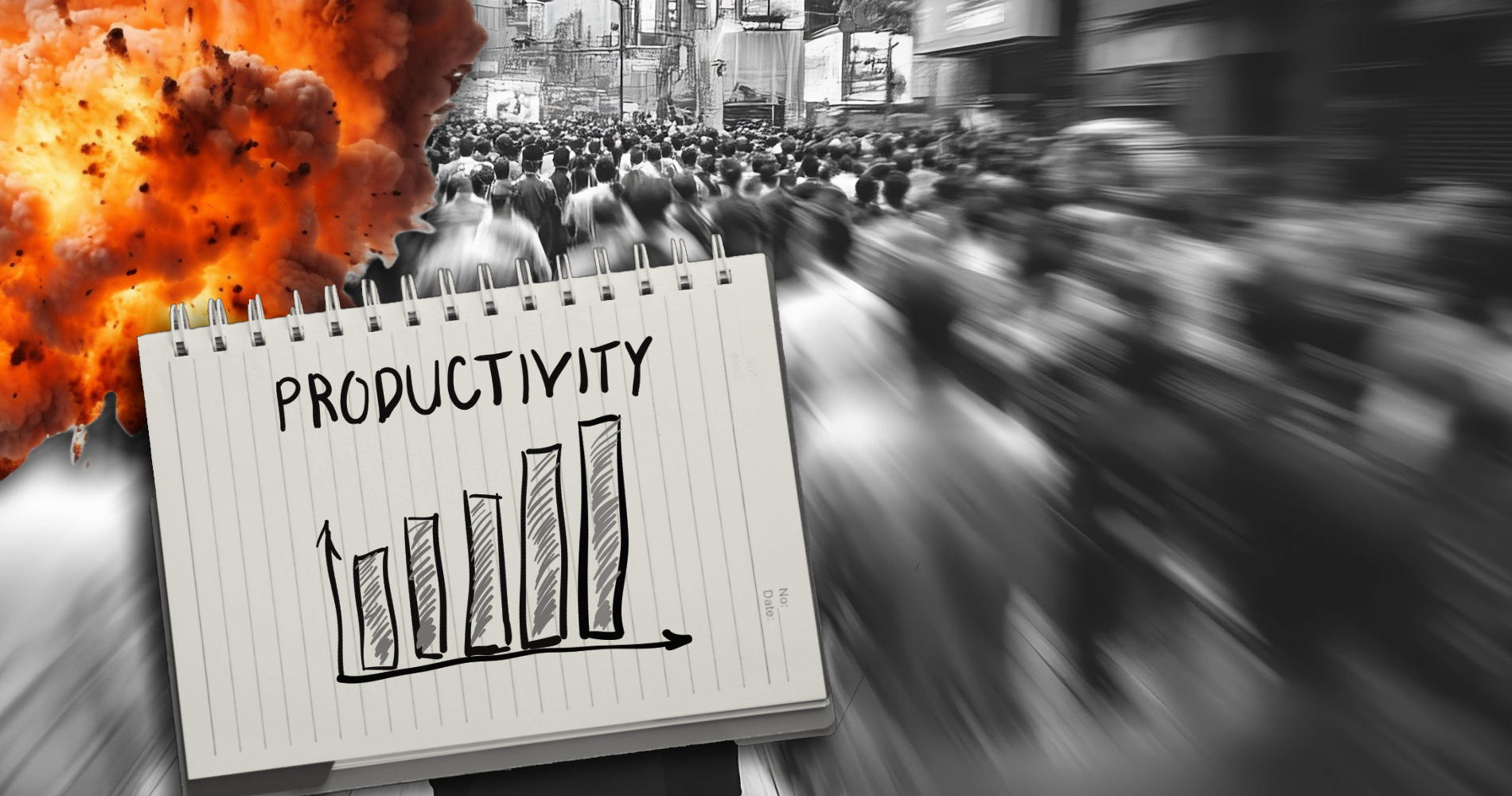News & Research
Read our latest research, policy analysis and commentary
Our publications are available to all at no cost. Please support the CCPA and help make important research and ideas available to everyone. Make a donation today.
-

Federal government cuts are a gift to Canada’s authoritarian populists.
For cuts this is deep, it would require across-the-board job losses and major service reductions. In other words, if it proceeded it would represent a…
-

Cuts to Women and Gender Equality Canada will take us back to the Harper days
On April 28, women voters delivered a major victory for the Liberal party, turning around the electoral fortunes of a party that had been trailing…
-

A stiff price to pay: Predicting federal job losses due to Carney’s cuts
The newly elected federal government has promised major military spending increases and tax cuts. To pay for it, the government is seeking 15 per cent…
-

Fact sheet: The Golden Dome and Canada
The United States has proposed to develop the “Golden Dome,” the most ambitious missile defence system ever envisioned. The aim is to build a multi-layered…
-

Time for a real poverty reduction strategy in Ontario
The word “poverty” has been conspicuously absent from the Ontario government’s 2025 budget and any plans to “protect Ontario” from tariff-related uncertainty. This is bad…
-

Don’t be fooled by the “productivity” panic in Canada
Canada is facing an affordability crisis. But instead of confronting the root causes, political leaders have turned to an old culprit: low productivity. If we…
-

Housing isn’t just shelter
The housing challenges we are experiencing in Canada are not unique, but Canada is falling behind other countries.
-

Most provinces are refusing hundreds of millions in federal pharmacare funding
Provinces and territories that have not joined the new national universal pharmacare program are missing out on hundreds of millions of dollars in potential federal…
-

Where will the federal government cut to pay for military spending and tax cuts?
Supports to First Nations, veterans, new Canadians, and international aid could be on the chopping block—just for starters
-

Climate policy at B.C.’s carbon crossroads: 10 steps for CleanBC renewal
The end of 2025 will mark a decade since the Paris Agreement on climate change was negotiated. This review of the CleanBC plan is occurring…
-

A sober second thought on direct-to-consumer alcohol sales
Through all the talk of Trump, tariffs and interprovincial trade, direct-to-consumer (DTC) alcohol sales have emerged as a somewhat unexpected cause célèbre among policymakers. During…
-

Canadian workers deserve better work-life balance
In the post-Covid world, workers face an ever more alienated and isolated environment.
Updates from the CCPA
Read the latest research, analysis and commentary on issues that matter to you.
CCPA Updates